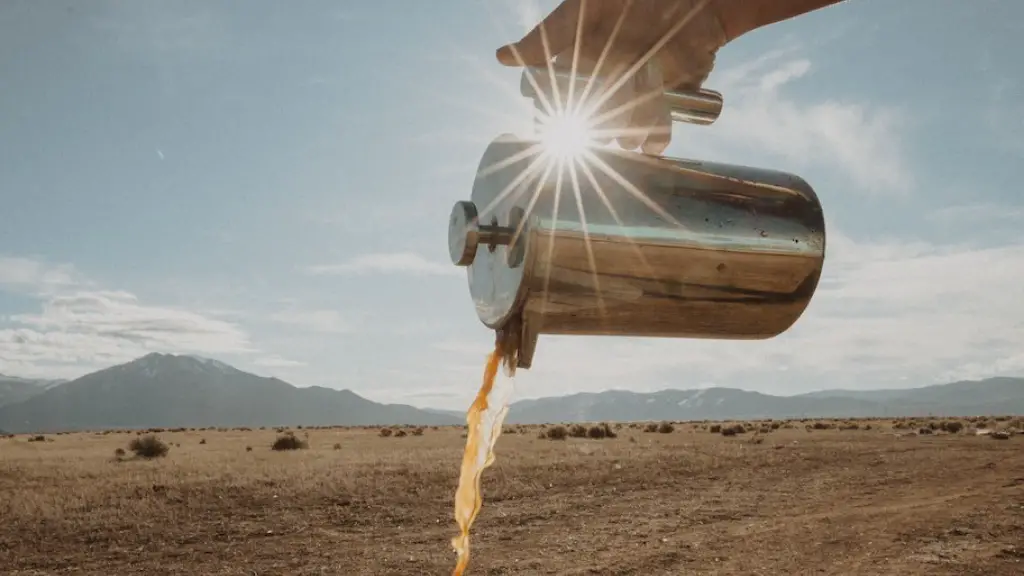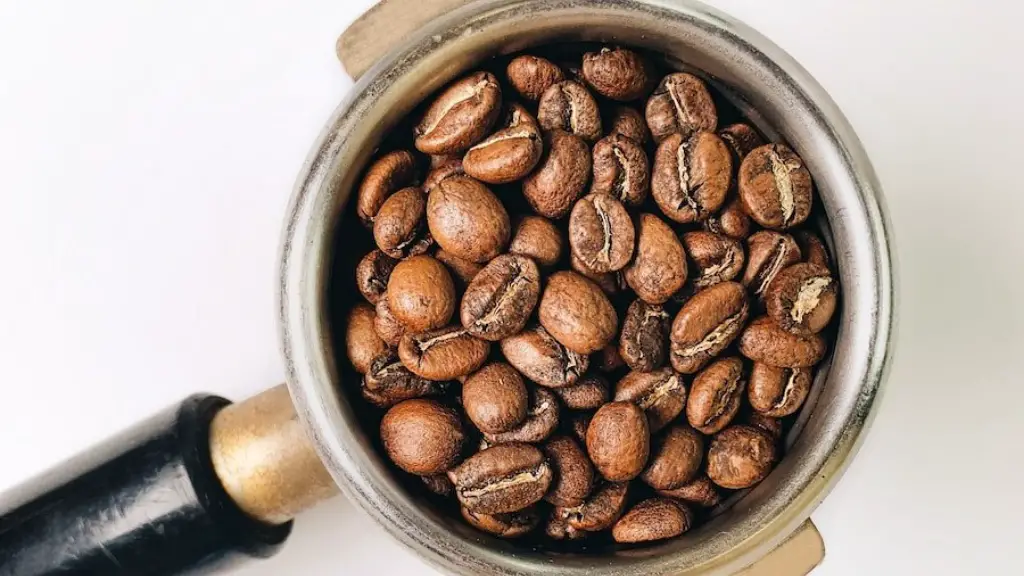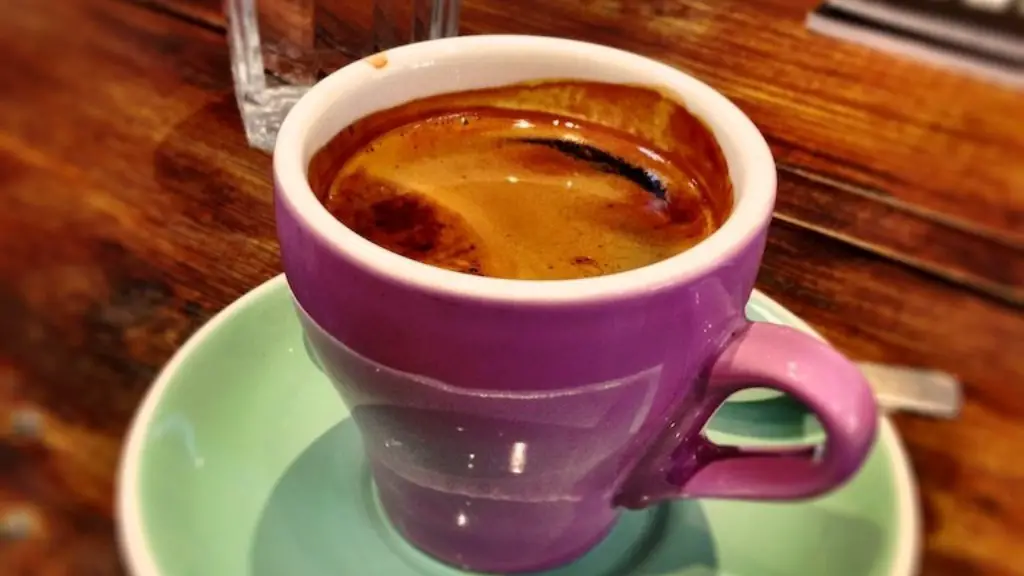Coffee is widely known for its wealth of antioxidants and its stimulating effects. But it may surprise many to know that coffee could also affect the overall health of their teeth. One of the most significant and dangerous interactions of coffee and teeth is the risk of stain and discoloration when drinking coffee after bleaching teeth. Bleaching makes tooth enamel and dentin more porous, leaving them vulnerable to staining substances like coffee and tea. Fortunately, there are ways for those who want to drink coffee after bleaching teeth to do so safely.
It is important to note that drinking coffee after bleaching teeth will not necessarily cause discoloration. However, it is recommended that people who have recently bleached their teeth be cautious with their coffee and other beverages that may have a staining effect. Those looking to continue drinking coffee after bleaching teeth should also look into teeth whitening products designed to reduce the risks of staining.
Dentists recommend drinking coffee with a straw and swishing the beverage around in the mouth before swallowing. Drinking coffee in this way prevents the drink from settling on the teeth, reducing the risk of discoloration. Staying hydrated throughout the day can also help reduce the chances of staining. Those who have whitened their teeth over a long period of time can also take other steps to reduce the risk of staining. Avoiding acidic beverages like soda or juice altogether, or drinking through a straw to reduce contact with the enamel can help.
It is also helpful to brush the teeth after drinking coffee or other staining beverages. Brushing helps to remove some of the discoloring agents and can reduce the amount of staining that occurs. For those who don’t have access to a toothbrush or don’t want to brush their teeth after drinking coffee, swishing a glass of cool water after drinking coffee can help to prevent staining.
There are some foods that can also help protect teeth from staining after bleaching. Eating cheese or nuts can help to produce more saliva, which can help rinse away stains. Eating crunchy vegetables such as carrots and celery can also help scrape away staining agents.
Use a Straw
Using a straw can help to minimize the damaging effects of coffee and staining beverages on bleached teeth. Drinking coffee through a straw allows the liquid to bypass the teeth, reducing contact with the enamel and preventing some staining. It is essential to note that drinking large amounts of coffee through a straw is not recommended, as it can cause dehydration and other health problems.
Whitening Toothpastes
Whitening toothpastes can help to reduce the staining effect of coffee and other staining beverages on bleached teeth. Whitening toothpastes contain special ingredients such as baking soda and hydrogen peroxide, which can help to remove some of the staining agents that may have settled on the teeth. Regular brushing with whitening toothpaste can reduce the amount of staining and help keep teeth looking their whitest.
Whitening Strips
Whitening strips are available over the counter and can be used to help reduce the staining effect of coffee and other beverages on bleached teeth. Whitening strips are strips of plastic coated with a special bleaching solution, which can help to reduce the appearance of staining and help keep teeth looking their whitest. Whitening strips can also be used in combination with other methods of teeth whitening for maximum effectiveness.
Professional Treatment
For those who are concerned about their teeth becoming stained after bleaching, professional treatment is an option. Professional teeth whitening techniques use stronger bleaching solutions and can be done in the dentist’s office. Professional teeth whitening can be used to reduce the staining effect of coffee and other staining beverages on bleached teeth and can help to keep teeth looking their whitest.
Prevention
The most effective way to protect teeth from staining after bleaching is prevention. Limiting the amount of staining beverages that are consumed can help to reduce the amount of staining that occurs. Limiting the amount of cream and sugar that is added to coffee can also help to reduce the amount of staining that occurs. Additionally, eating crunchy fruits and vegetables, or drinking plenty of water, can help to reduce the chances of staining and keep teeth looking their whitest.


